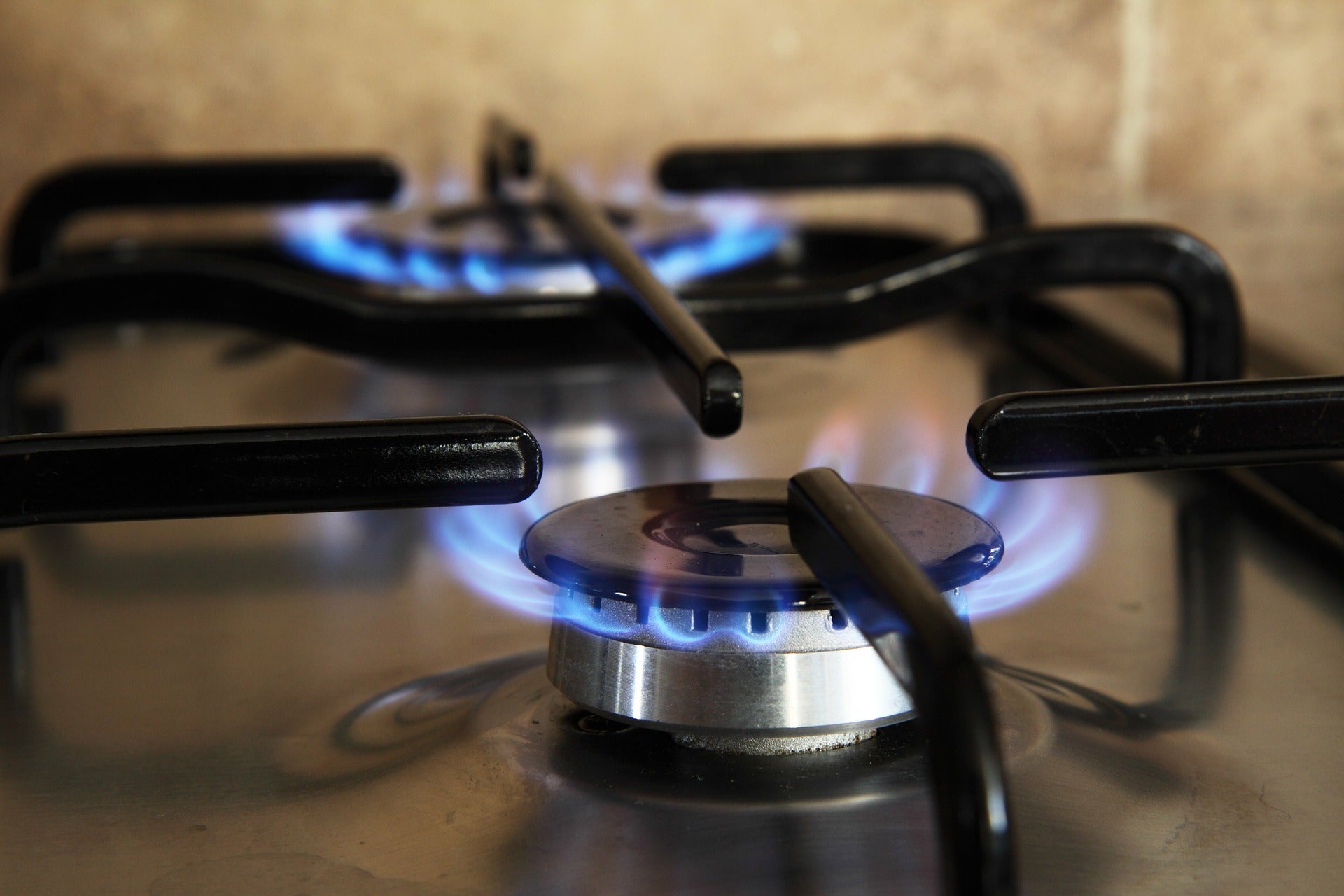Fire safety often starts in the kitchen
Published 6:19 am Wednesday, October 31, 2018

- public domain
By ALETHEA PRICE
Boyle County Extension Agent for Family and Consumer Sciences
October is National Fire Safety Month. Also known as Fire Prevention Month, now is the time when we raise awareness about fire safety and home safety to ensure your home and family are prepared for an emergency. It’s easy to forget about simple preventative measures, such as checking the batteries in smoke detectors and having a fire drill at home. Don’t put your family at risk.
It’s easy to forget about simple safety measures to prevent fires, but here’s why we shouldn’t forget. On average, seven people per day die in U.S. home fires. Cooking is the leading cause of home fires and home-fire injuries. I talk a lot about safe cooking practices in regards to preventing foodborne illness, but safe cooking practices can also include other aspects of safety such as:
• Don’t use the stove or stovetop if you are sleepy or have consumed alcohol.
• Stay in the kitchen while you are frying, boiling, grilling, or broiling food.
• Use a kitchen timer to remind you that you’re cooking.
• Keep anything that could catch fire, such as oven mitts, pot-holders, wooden utensils, towels and curtains away from the stovetop.
If you were to have a small cooking or grease fire and decide to fight it, here’s how:
• On the stovetop, smother the flames by sliding a lid over the pan and turning off the burner. Leave the pan covered until it is completely cooled.
• For an oven fire, turn off the heat and keep the door closed.
• If you’re having doubts about fighting a small fire, just get out. Close the door behind you to contain the fire. Call 911 once you are safely outside of your home.
During the fall and winter months, you may be searching for ways to heat your home. Heating equipment was involved in one out of every five home-fire deaths. These are preventable as long as you heat your home safely.
• Keep anything that can burn at least 3 feet away from heating equipment, like the furnace, fireplace, wood stove or portable space heater.
• Keep children and pets at least 3 feet away from any heating equipment as well.
• Never use your oven to heat your home.
• Have a qualified professional install stationary space heating equipment, water heaters or central heating equipment according to the local codes and manufacturer’s instructions.
• Have heating equipment and chimneys cleaned and inspected every year by a qualified professional.
• Remember to turn portable heaters off when leaving the room or going to bed.
• Use all heating equipment according to the manufacturer’s instructions. Pay close attention to power sources, voltage needed, and use or prohibition of power strips.
• Always use the right kind of fuel, specified by the manufacturer, for fuel burning space heaters.
• Make sure the fireplace has a sturdy screen to stop sparks from flying into the room. Ashes should be cool before putting them in a metal container. Keep the container a safe distance away from your home.
Keep your family safe this winter by using these helpful tips. Thanks to the National Fire Protection Association for these tips and facts. If you have any questions or comments about the column please feel free to email me at a.price@uky.edu.





